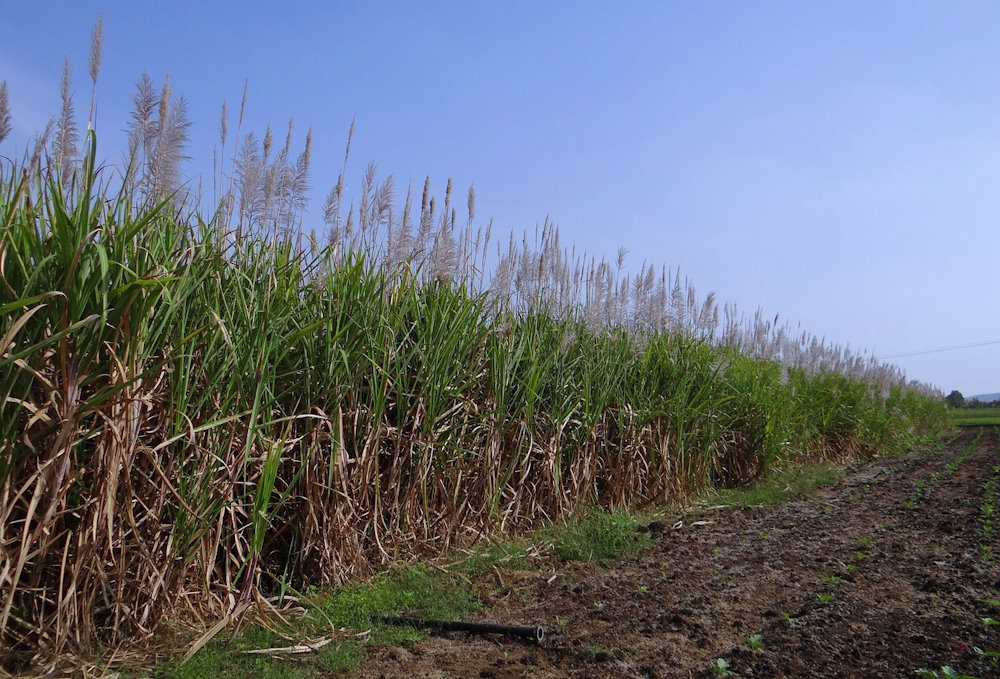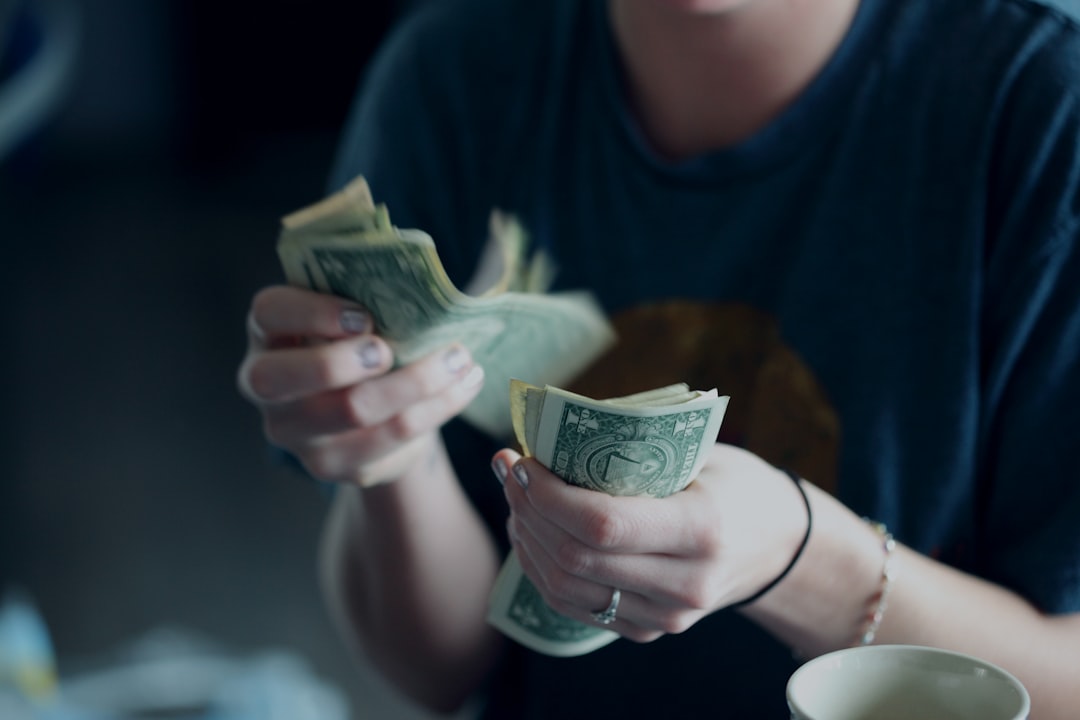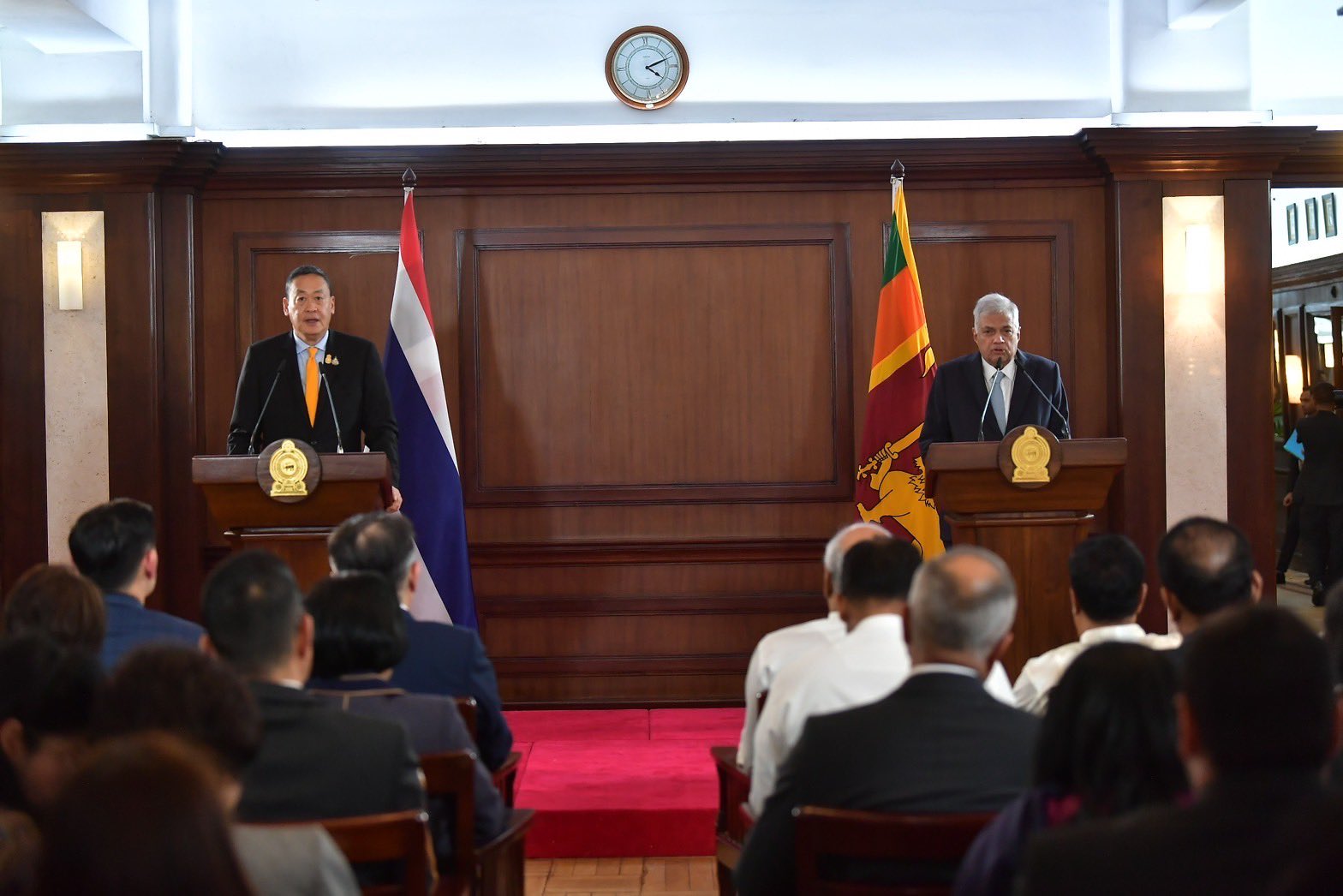The Excise Department of Thailand is supporting the production of bio-ethylene to increase the value of bio-electricity plants. The department is preparing to exempt bio-ethanol from taxes to support the production of environmentally friendly bioplastics. The department is ready to amend the law to allow entrepreneurs to use ethanol for other purposes, such as producing bio-ethanol as a raw material for the production of bioplastic pellets.
Normally, ethylene is produced from petrochemicals, which releases carbon dioxide during production. However, if it is produced from ethanol, carbon dioxide emissions can be reduced or almost eliminated. Ethanol is produced from sugar, from sugarcane or cassava, so it is environmentally friendly throughout the process. The department has already exempted taxes for ethanol used in fuel blending and has plans to exempt taxes for ethanol used in the production of bioplastics.
The Excise Department has a plan to exempt taxes for ethanol produced as bio-ethanol, bio-ethylene, and bioplastics derived from ethanol. In other words, taxes will be exempted for products throughout the entire chain, from the source to the end user, to support the industry and reduce production costs. This will make bioplastics more affordable.
In conclusion, the Excise Department of Thailand is supporting the production of bio-ethylene by exempting taxes on bio-ethanol. This move will help increase the value of bio-electricity plants and promote the use of environmentally friendly bioplastics in Thailand.



